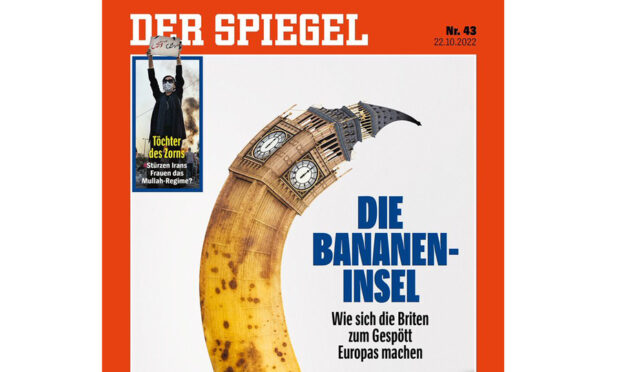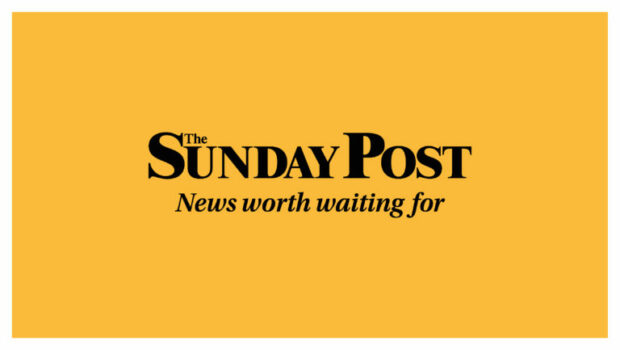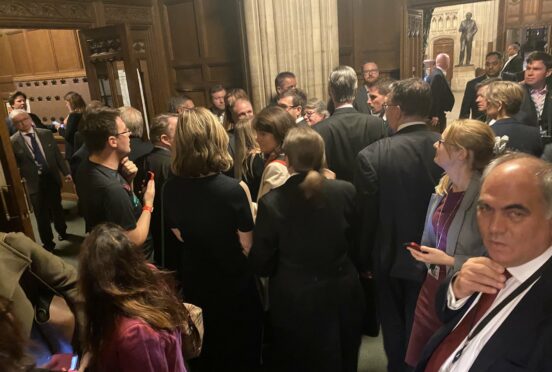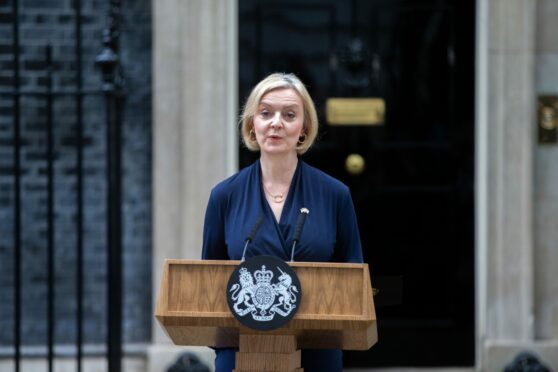
The words for chaotic instability might change from country to country but the reaction is uniform across Europe to Britain’s politics.
Politicians and commentators across the continent have been shaking their heads in bemusement since 2016, of course, when the UK voted to leave the EU.
However, as the years passed in a blizzard of prime ministers, the consternation and concern moved to amusement and now seems something more like pity.
French President Emmanuel Macron expressed his genuine shock at the resignation of Liz Truss, who infamously once said the jury was out on whether he was a friend or foe.
“On a personal level, I am always sad to see a colleague leave, and I hope that stability will come back,” said Macron.
Referring to Ukraine, Macron added: “In this context of war and tensions over the energy crisis, it is important that Great Britain sets out again on the path of political stability and that’s all I wish for.”
There were apologies in Germany after a government department posted a link to a song called “Can’t Truss It” on its official Tweet account.
A Federal Economic Affairs & Climate Action official later apologised for the cheeky reference to the Public Enemy number.
This did not stop German daily Die Welt, blaming Brexit for the Truss crisis, writing: “British politics has developed a self-destructive centrifugal force that should serve as a cautionary tale to all those still touting easy solutions to our current challenges.
“The truth is that the Tory party’s Brexit ideology is hollow. It consists of a handful of clever slogans that, to the misfortune of the British nation, have lingered on for too long. Liz Truss’s spectacular failure is the clearest example of this.”
Meanwhile, the cover of Der Spiegel had Big Ben as a banana with a caption suggesting Britain was something akin to a banana republic and the headline: “How Britons made themselves the laughing stock of Europe.”
Dutch Prime Minister Mark Rutte damned crisis-ridden Britain with faint praise, saying: “I’m looking forward to working with whoever will be my next UK colleague…It will be the fifth one, I believe.”
Like most of Spain’s media, Ramón Pérez-Maura, of El Debate news outlet, suggested Brexit had turned Britain into a “banana republic”. He added that the possibility of Boris Johnson returning to Downing Street was the “best proof of the sickness of British society”.
In the US, President Joe Biden broke with convention to call Truss’s abandoned economic plan “a mistake” and hinted that other world leaders felt the same.

Enjoy the convenience of having The Sunday Post delivered as a digital ePaper straight to your smartphone, tablet or computer.
Subscribe for only £5.49 a month and enjoy all the benefits of the printed paper as a digital replica.
Subscribe



